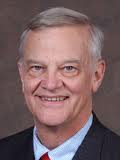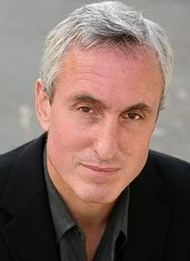
If you could write your own food regulatory act, how would it differ from the current regime?
It would simplify the current one, but it would use many of the same terms. So many of the things that Congress adds to a statute are totally redundant and irrelevant. I keep making the point in class that the food safety law in England of 1263 does not improve one iota upon the food safety law of 2011. So it could be simplified, but it’s something that’s a product of history and it would be incredibly difficult to try to simplify it. People would just go berserk and say no, we have a jurisprudence, let’s stick with it.

New York Times bestselling author and acclaimed science writer Gary Taubes delivered a lecture on March 30, “Why We Get Fat: Adiposity 101 and the Alternative Hypothesis of Obesity,” as part of a series of events sponsored by Harvard Law School’s Food Law Society.
Presenting findings from his fourth book, "Why We Get Fat: And What to Do About It" (December 2010), Taubes said he wrote to the book to “convince public health authorities that they should rethink everything they know…about obesity and chronic disease.”
A link to a video of the event can be found below the fold.


